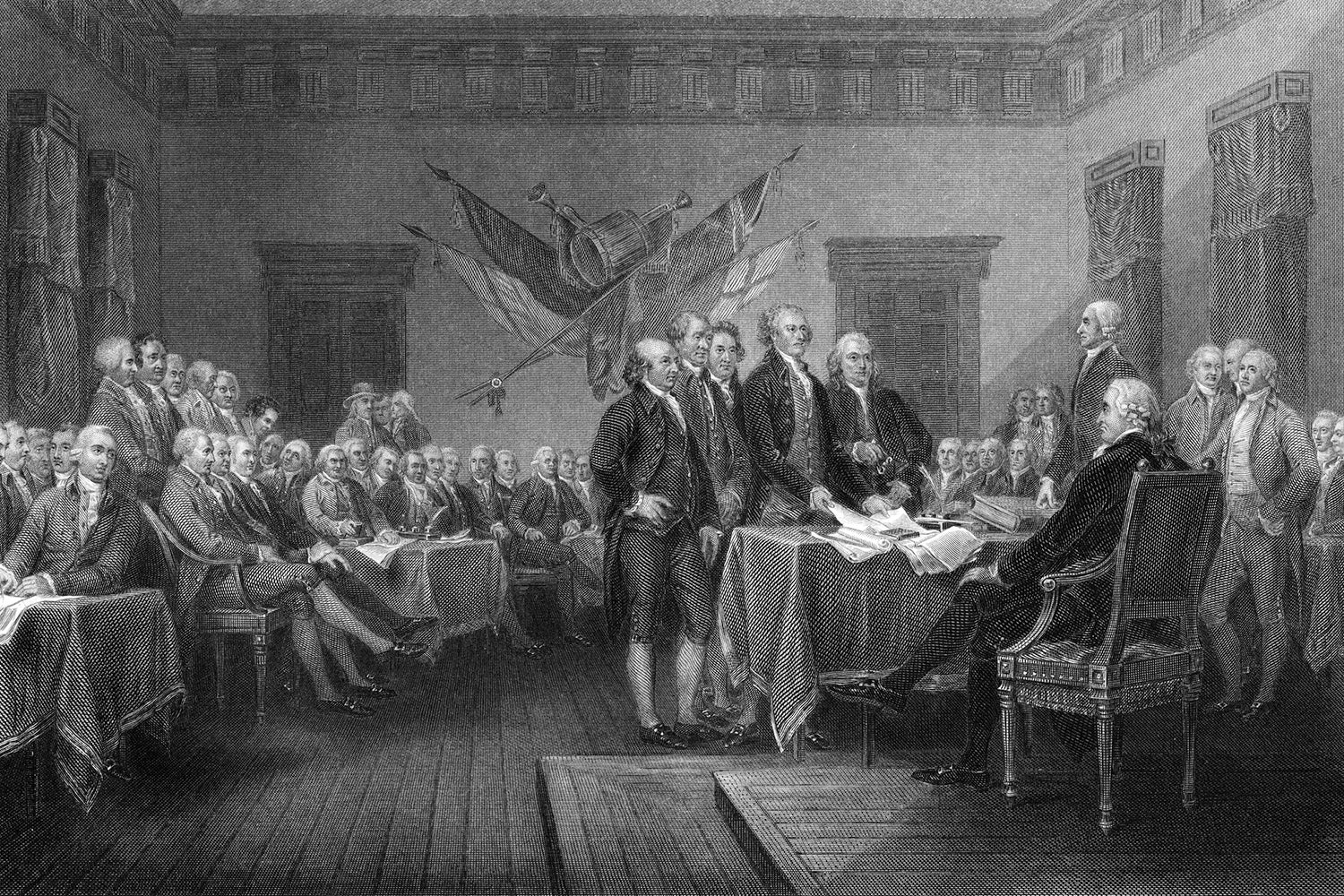Pepsi, the multinational food, snack, and beverage corporation, is a household name around the world. With a history that spans over a century, Pepsi has grown to become one of the most recognized and valuable brands in the world. In this article, we will explore the net worth of Pepsi, taking a closer look at its financials, revenue streams, and growth over the years.
PepsiCo Net Worth has a net worth or market capitalization of $226.74 billion as of June 28, 2024. This makes PepsiCo the 40th largest company in the world by market cap.Some key facts about PepsiCo’s finances:
- PepsiCo has $100.5 billion in total assets according to its latest financial reports.
- The company generated $91.47 billion in revenue and $9.16 billion in net income in its most recent fiscal year.
- PepsiCo’s net assets, which is the sum of its assets minus liabilities, is $19.19 billion.
- PepsiCo’s market cap has increased by 277.48% since December 1998, growing at a compound annual rate of 5.33%.
- Compared to other major food and beverage companies, PepsiCo’s market cap is larger than Coca-Cola ($274.20B), Mondelez ($87.78B), and Kellogg’s ($3.27B), but smaller than Walmart ($544.63B) and Procter & Gamble ($389.23B).
In summary, PepsiCo is a highly valuable and profitable multinational corporation, with a net worth of over $225 billion and a diverse portfolio of leading food and beverage brands.
View this post on Instagram
The Net Worth of Pepsi
As of 2021, Pepsi Net Worth is estimated to be around $189 billion, according to Forbes. This valuation is based on a combination of factors, including its market capitalization, assets, revenue, and earnings. Pepsi Net Worth makes it one of the most valuable companies in the world, ranking it among the top 50 global corporations.
Financials and Revenue Streams
Pepsi’s financial success can be attributed to its diverse portfolio of products and strong brand recognition. The company operates in over 200 countries and generates revenue from various sources, including:
- Beverages: Pepsi’s beverage segment is its largest revenue stream, contributing over 50% of its total revenue. The company’s beverage portfolio includes carbonated soft drinks, juices, sports drinks, tea, and coffee. Its flagship brands include Pepsi, Mountain Dew, Gatorade, Tropicana, and Lipton.
- Frito-Lay: Pepsi’s snack division, Frito-Lay, is the second-largest contributor to its revenue. The company’s snack portfolio includes popular brands like Lay’s, Doritos, Cheetos, and Tostitos. Frito-Lay holds the leading position in the global salty snacks market, generating significant revenue for Pepsi.
- Quaker Foods: Pepsi’s Quaker Foods segment includes brands like Quaker Oats, Aunt Jemima, and Rice-A-Roni. This segment contributes around 10% of Pepsi’s total revenue.
- Nutrition: Pepsi’s nutrition segment includes brands like Gatorade, Tropicana, and Quaker that focus on health and wellness. This segment has been growing in recent years as consumers increasingly prioritize healthier food and beverage options.
Growth and Expansion
Pepsi Net Worth has grown significantly over the years due to its strategic expansion and diversification efforts. The company has made several key acquisitions and partnerships to strengthen its position in the market, including:
- Tropicana: Pepsi acquired Tropicana in 1998 for $3.3 billion, significantly expanding its juice portfolio and entering the premium juice market.
- Gatorade: Pepsi acquired Gatorade in 2001 for $13 billion, adding a strong sports drink brand to its beverage portfolio.
- Frito-Lay: Pepsi merged with Frito-Lay in 1965, creating a powerful snack and beverage combination that has dominated the market ever since.
- Quaker Oats: Pepsi acquired Quaker Oats in 2001 for $13.4 billion, adding popular brands like Quaker Oats, Gatorade, and Aunt Jemima to its portfolio.
Challenges and Competition
Despite its impressive net worth and financial success, Pepsi faces several challenges and competitors in the market. The company competes with Coca-Cola, its biggest rival, in the beverage industry, as well as other food and beverage giants like Nestle, Unilever, and Kraft Heinz. Additionally, Pepsi must navigate changing consumer preferences, such as the growing demand for healthier food and beverage options, as well as the rise of private-label brands and e-commerce.
Pepsi Net Worth of $189 billion is a testament to its strong brand recognition, diverse product portfolio, and strategic expansion efforts. While the company faces challenges and competition in the market, its financial success and growth over the years demonstrate its resilience and ability to adapt to changing consumer preferences and market trends. As Pepsi continues to innovate and expand, its net worth is likely to grow, solidifying its position as a global food, snack, and beverage giant.
FAQs

What is Pepsi Net Worth, and how is it calculated?
Pepsi Net Worth is estimated to be around $189 billion, based on factors such as its market capitalization, assets, revenue, and earnings.
What are Pepsi’s main revenue streams?
Pepsi’s main revenue streams include beverages, Frito-Lay snacks, Quaker Foods, and nutrition.
Who are Pepsi’s main competitors?
Pepsi’s main competitors include Coca-Cola, Nestle, Unilever, and Kraft Heinz.
How has Pepsi grown its net worth over the years?
Pepsi has grown its net worth through strategic acquisitions, partnerships, and diversification efforts, such as expanding its beverage and snack portfolios.
What percentage of Pepsi’s revenue comes from beverages?
Over 50% of Pepsi’s revenue comes from its beverage segment.
What are some of Pepsi’s flagship brands?
Some of Pepsi’s flagship brands include Pepsi, Mountain Dew, Gatorade, Tropicana, Lay’s, Doritos, and Cheetos.
How has Pepsi adapted to changing consumer preferences for healthier food and beverage options?
Pepsi has adapted by expanding its nutrition segment, which includes brands like Gatorade, Tropicana, and Quaker, that focus on health and wellness.
How does Pepsi Net Worth compare to Coca-Cola’s?
As of 2021, Coca-Cola’s net worth is estimated to be around $238 billion, making it slightly more valuable than Pepsi.
What challenges does Pepsi face in the market?
Pepsi faces challenges such as competition from other food and beverage giants, changing consumer preferences, and the rise of private-label brands and e-commerce.
How has Pepsi’s merger with Frito-Lay impacted its net worth and success?
Pepsi’s merger with Frito-Lay has created a powerful snack and beverage combination that has dominated the market, contributing significantly to Pepsi Net Worth and success.
How does PepsiCo’s net worth compare to Coca-Cola’s?
Here is a summary of how PepsiCo’s net worth compares to Coca-Cola’s:
Net Worth Comparison
PepsiCo has a current market capitalization (net worth) of $226.74 billion as of June 2024.
In comparison, The Coca-Cola Company has a market cap of $274.20 billion.
So Coca-Cola’s net worth is about 21% larger than PepsiCo’s.
Revenue Comparison
PepsiCo reported $91.47 billion in revenue in its most recent fiscal year.
Coca-Cola reported $31.9 billion in revenue in 2018.
PepsiCo’s revenue is nearly 3 times larger than Coca-Cola’s.
Profitability Comparison
PepsiCo had $9.16 billion in net income.
Coca-Cola had $9.6 billion in net income in 2022.
Coca-Cola is slightly more profitable than PepsiCo in terms of net income.
In summary, while PepsiCo has significantly higher revenue, Coca-Cola has a larger overall net worth or market capitalization. However, the two companies have relatively comparable profitability based on their latest reported net income figures.










